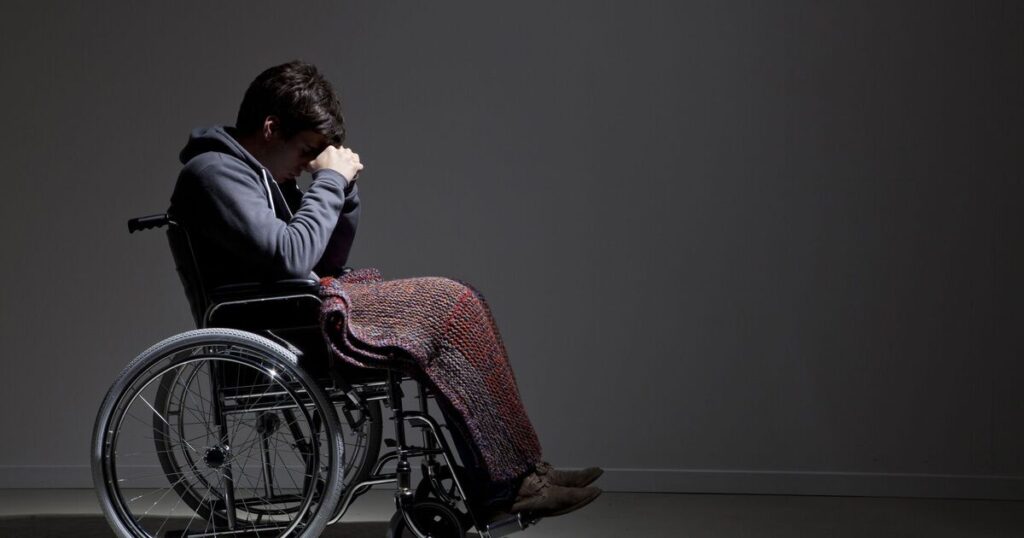
With the introduction of the Universal Credit and Personal Independence Payment Bill in Parliament last week, safeguards were established for 200,000 people under the Severe Conditions Criteria Group. Members of this group will be exempt from future reassessments and will have access to the higher Universal Credit health supplement of £97 per week.
Benefits & Work highlighted that these criteria might end up penalising certain gravely ill people by noting that it « is intended to save money at their expense ». While being part of this group exempts individuals from reassessment for the health component of Universal Credit, but may still be reassessed for Personal Independence Payment.
Aimed at supporting those too sick to consider employment, a claimant must satisfy the Department for Work and Pensions (DWP) four conditions to be classified within this group:
- Their function level will constantly meet LCWRA criteria
- The condition will last for the rest of their life
- There is no realistic prospect of recovery of function
- The condition has been diagnosed by an appropriately qualified healthcare professional in the course of the provision of NHS services
The experts pointed out that standard LCWRA requirements, such as not being able to turn the page in a book, need to be met « the majority of the time » whereas the Severe Conditions Criteria requires it to apply « at all times », affecting people with conditions that vary or progress slowly.
Such conditions include Parkinson’s, multiple sclerosis, severe mental illness and muscular dystrophy.
Given that these patients might have sporadic days of manageable symptoms, periods of remission or simply unpredictable fluctuations, it becomes difficult to determine if they consistently meet the criteria.
As a result, despite meeting every other requirement, people living with these kinds of health issues could find themselves excluded from safeguarding measures until their health significantly worsens, even though they remain unlikely to be able to work in the meantime.
This Severe Conditions Criteria is set to come into force next April, coinciding with a reduction in the health element rate.
Currently, recipients get £97 weekly. This amount is set to be fixed for most until the financial year 2029/2030.
Those applying for the extra support after 2026 will receive just £50 per week, with this sum also subject to a four-year freeze.
According to government data, an estimate of 2.25 million existing beneficiaries are projected to miss out on approximately £500 each annually, while newcomers to the system in the next year face an average annual loss of £3,000.
